Hoang Huong told the story of Phung Phinh's wedding, Miss Phuong Le immediately came forward.

1 | 1 Discuss | Share
Many people agreed, saying that combining these two words together sounds quite strange and "out of sync". However, many others also said that "nhe a" has become a habit in communication.
Recently, supermodel Xuan Lan created a "big war" with the entire internet when she said that the phrase "nhe a" should not be used.
Specifically, Xuan Lan shared her opinion on her personal page: ""Nhe" and "ah" are two colloquial filler words placed at the end of a sentence. "Nhe" is used for intimate peer interactions, "ah" is used to respect subordinates and superiors. Don't combine them."
Immediately, this status line caused a storm on the internet. Below the article, many netizens gave conflicting opinions on the use of this word.
Among them, some netizens agree with Xuan Lan's opinion that the combination of "nhe a" should not be used.
However, most of the online community commented that we should not focus too much on grammatical errors when using this word. Because in many cases, if we use the word "nhe" it is too intimate or casual with the other person, but if we only use the word "ah" it makes the sentence too formal.
Therefore, using the phrase "nhe a" is considered a balanced way for two people to talk more comfortably and friendly with each other, while still maintaining formality in the conversation.
What do young people think about 'nhe a'?
When asked about the phrase "nhe a", Trung Quan (20 years old, student in Ho Chi Minh City) shared: "I think this is a funny way of speaking, creating a lighter feeling when asking someone for help or when ending a sentence. I don't think it's too serious!".
Sharing the same opinion, some young people think that combining these two words is a way to "soften" the sentence, expressing a request in a polite and courteous manner.
For example, saying "Please help me!" can be considered disrespectful to adults, while saying "Please help me!" makes others understand that the speaker is making an impolite request or "order."
Therefore, using the phrase "nhê a" is considered to balance both attitudes: respectful and friendly.
However, not everyone feels comfortable with this usage. Ms. Ngoc Tran (25 years old, office worker) commented: "I find this phrase redundant and impolite. If used with older people or superiors, it can make them feel uncomfortable. I think language needs to be more standard, especially when communicating professionally."
To defend their point of view, the majority of other young people said that "nhe a" is still cute and friendly if the communication context is distinguished. They said they only use it in chats or social media posts, with people they have close relationships with.
Ngoc Van (17 years old, 12th grade student in Cu Chi district, Ho Chi Minh City) expressed: "My friends and I often use 'nhe a' when texting or commenting on social networks.
I've never been 'corrected' by anyone. Everyone seems normal, even comfortable and happy. So I don't pay too much attention."
Should we combine 'nhe' and 'a'?
Ms. Le Thi Hoai Thanh - a literature teacher at Le Thanh Ton High School (District 7, Ho Chi Minh City) - believes that combining "nhe" and "a" is an unreasonable way of using in Vietnamese communication.
"For example, the sentence: 'Thank you, Miss!' shows intimacy; while 'Yes, Miss!' means obedience, or a desire to help. These two words have different functions, so combining them is not accurate. Therefore, I do not agree with this usage," Ms. Thanh analyzed.
Based on the Vietnamese Dictionary (edited by Hoang Phe), Ms. Thanh also pointed out the standard understanding of these two filler words:
"Nhe" (colloquial, often used at the end of a sentence): a word expressing one's intimate attitude towards the person one is talking to.
1. With the intention of wanting your words to be noticed. For example: "Mom is at home, I'm going."
2. With the intention of wanting the other person to agree with your opinion or suggestion.
The particle "ạ": shows respect or intimacy when addressing someone in conversation, often used at the end of a sentence or after the word referring to the person you are talking to.
For example: "Yes sir", "Hello teacher", "I'm busy tomorrow",...
The filler word "a": a word used before a sentence to suddenly remember, or after a sentence to soften the speech. For example: "A! Did you say that?",...
Ms. Thanh concluded: "These two words are used in different contexts and purposes, so they cannot be analyzed as young people think. Language needs to be used correctly to avoid misunderstandings in communication."
The combination "nhe a" shows the creativity in language of young people, but at the same time also raises questions about maintaining accuracy in Vietnamese communication.
Do you think this is a sign of flexibility, modern language innovation, or a habit that needs to be reconsidered?
Ms. Binh Yen makes international netizens go crazy again with her cover of Million Dollar Baby  Đình Như7 months agoIn recent days, TikTok has been spreading a cover of the song Million Dollar Baby by an elderly female TikToker from Vietnam. This person is often called Ms. Binh Yen by netizens.
Đình Như7 months agoIn recent days, TikTok has been spreading a cover of the song Million Dollar Baby by an elderly female TikToker from Vietnam. This person is often called Ms. Binh Yen by netizens.

1 | 1 Discuss | Share
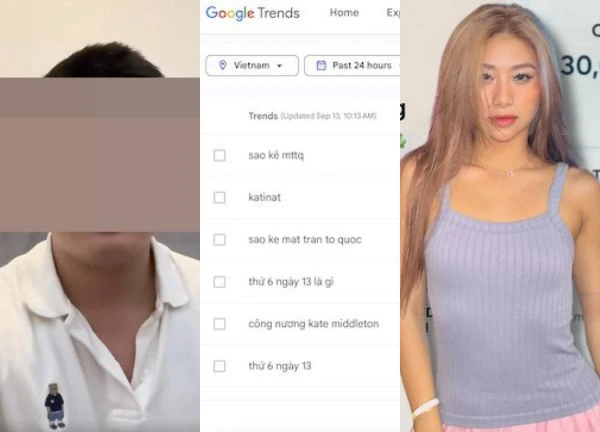
1 | 1 Discuss | Share
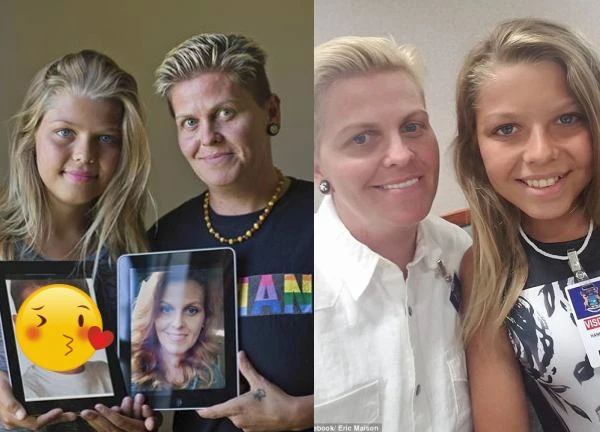
4 | 1 Discuss | Share
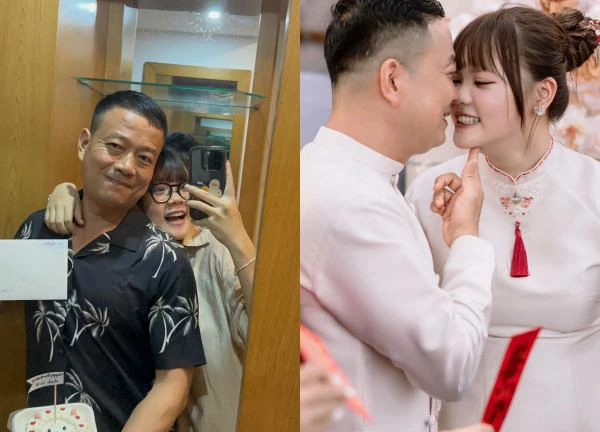
5 | 1 Discuss | Share

1 | 1 Discuss | Share

2 | 1 Discuss | Share
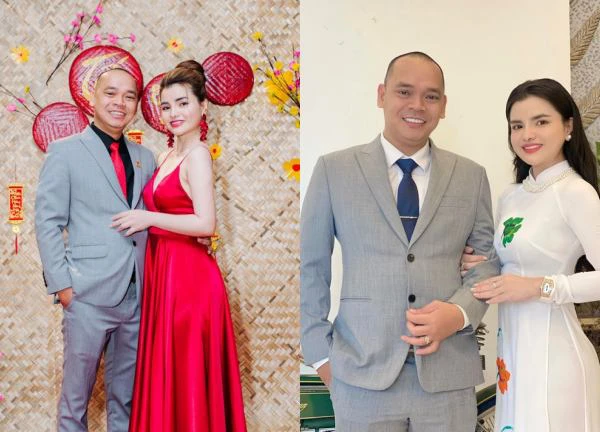
4 | 1 Discuss | Share

3 | 2 Discuss | Share

1 | 1 Discuss | Share

3 | 1 Discuss | Share

4 | 2 Discuss | Share
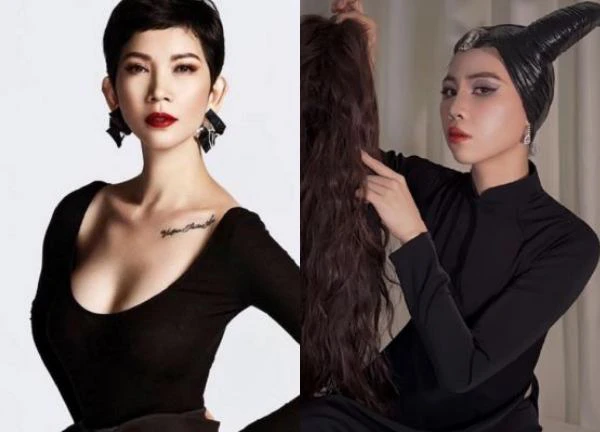
1 | 1 Discuss | Share


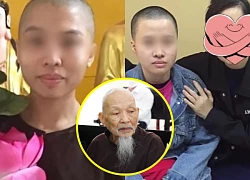


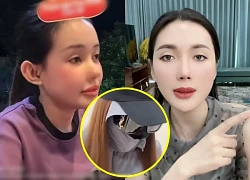




1 | 0 Discuss | Report